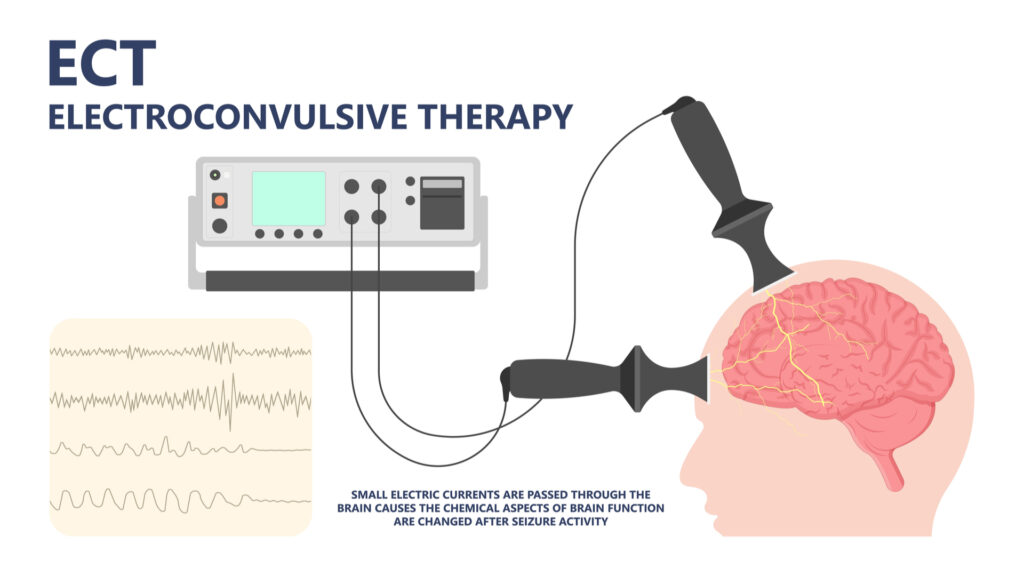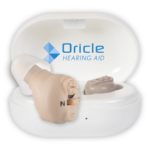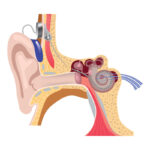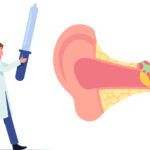Comprehensive Guide to Tinnitus Treatments Explained: Everything You Need to Know
Tinnitus, a constant ringing or buzzing in the ears, affects millions of people worldwide. This debilitating condition can significantly impact the quality of life for those who suffer from it. Fortunately, there are various tinnitus treatments available to help manage and alleviate the symptoms. In this comprehensive guide, we will delve into the world of tinnitus treatments, exploring both conventional and alternative options, to help you understand the best course of action for your unique situation.
Understanding Tinnitus: Causes and Symptoms
Tinnitus is a subjective perception of sound in the absence of an external source. This phantom noise can manifest as ringing, buzzing, hissing, or even roaring. It can be continuous or intermittent and may vary in volume. Tinnitus is often associated with hearing loss, but it can also result from exposure to loud noises, ear infections, head injuries, or certain medications.
Understanding the cause of your tinnitus is the first step toward finding the right treatment. To diagnose tinnitus, a healthcare professional will conduct a thorough medical history, physical examination, and various tests, such as audiometry and imaging studies.
Conventional Tinnitus Treatments

There is no one-size-fits-all solution for tinnitus, but several conventional treatments have proven effective in managing the condition.
1. Sound Therapy
Sound therapy involves using external sounds to mask or reduce the perception of tinnitus. Examples include white noise machines, nature sounds, and music. Sound therapy can provide relief by diverting attention away from the tinnitus and promoting relaxation.
2. Hearing Aids
For individuals with hearing loss and tinnitus, hearing aids can be a valuable solution. These devices amplify ambient sounds, which can help mask tinnitus and improve overall hearing function. Modern hearing aids often come with tinnitus-specific features, such as customizable sound generators or noise-canceling technology.
3. Tinnitus Retraining Therapy (TRT)
TRT combines sound therapy and counseling to help individuals habituate to their tinnitus. The goal is to train the brain to perceive tinnitus as an insignificant background noise. TRT typically involves wearing sound generators and participating in regular counseling sessions for an extended period.
4. Cognitive Behavioral Therapy (CBT)
CBT is a form of psychotherapy that addresses the emotional and psychological aspects of tinnitus. Through CBT, patients learn to modify their negative thought patterns and behaviors, ultimately reducing the distress and anxiety associated with tinnitus.
Alternative Tinnitus Treatments

In addition to conventional treatments, there are several alternative therapies that some individuals find helpful for managing tinnitus.
- Acupuncture
Acupuncture, an ancient Chinese medicine practice, involves inserting thin needles into specific points on the body to stimulate energy flow and promote healing. Some studies have suggested that acupuncture may provide relief for tinnitus sufferers, although more research is needed to establish its efficacy.
2. Herbal Supplements
Various herbal supplements, such as ginkgo biloba and zinc, have been proposed as potential tinnitus treatments. While some studies have shown positive results, the evidence remains inconclusive, and it is essential to consult with a healthcare professional before trying any supplements for tinnitus.
3. Meditation and Mindfulness
Meditation and mindfulness techniques can help individuals cope with tinnitus by promoting relaxation and reducing stress. These practices teach individuals to focus on the present moment, enabling them to accept and better manage their tinnitus symptoms.
Lifestyle Changes and Tips for Managing Tinnitus
In addition to medical treatments and alternative therapies, making certain lifestyle changes can help alleviate tinnitus symptoms and improve overall well-being.
- Limit exposure to loud noises: Protect your ears from loud noises by wearing earplugs or headphones, and reducing the volume on personal audio devices.
- Manage stress: Engage in stress-reducing activities, such as yoga, exercise, or deep breathing exercises, to help minimize tinnitus symptoms.
- Get adequate sleep: Establish a regular sleep schedule and create a relaxing bedtime routine to help ensure a good night's rest.
- Reduce caffeine and alcohol intake: These substances can exacerbate tinnitus symptoms in some individuals, so it may be helpful to limit consumption.
- Stay physically active: Regular exercise can help improve overall health and reduce stress, which may in turn help manage tinnitus symptoms.
Conclusion
Tinnitus can be a challenging and frustrating condition to live with, but there are numerous treatments and strategies available to help manage its symptoms. By exploring both conventional and alternative therapies, and making lifestyle changes, you can find the best course of action for your unique situation.
It is important to consult with a healthcare professional before starting any tinnitus treatment. They can help guide you toward the most effective and appropriate solutions based on your specific needs and circumstances.
Sources
- American Tinnitus Association. (n.d.). Understanding the Facts. Retrieved from https://www.ata.org/understanding-facts
- Mayo Clinic. (2021, June 11). Tinnitus. Retrieved from https://www.mayoclinic.org/diseases-conditions/tinnitus/diagnosis-treatment/drc-20350162
- British Tinnitus Association. (n.d.). Tinnitus Treatments. Retrieved from https://www.tinnitus.org.uk/tinnitus-treatments







